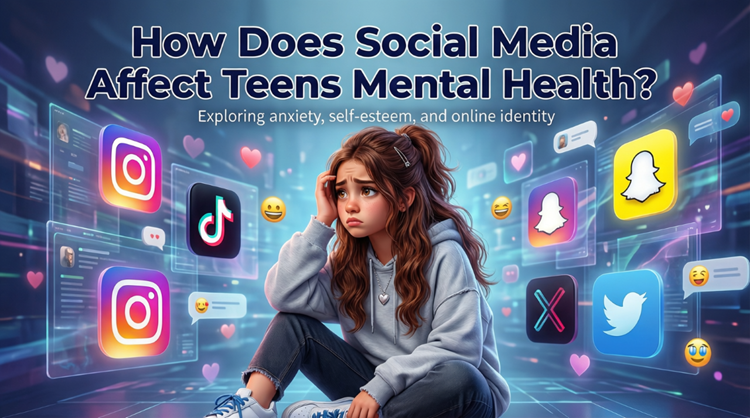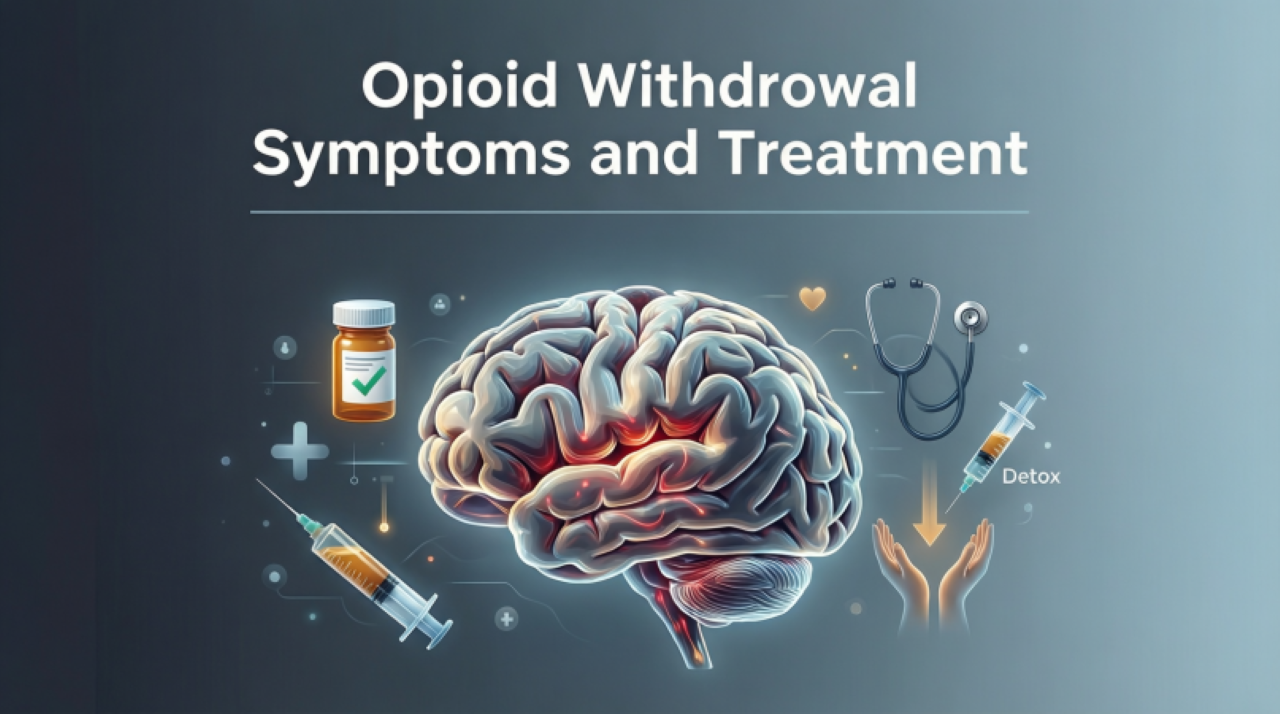Mental health can only be understood in order to live a balanced life. Personality disorders are regarded as some of the most complicated conditions that influence the way individuals think, feel, and socialize. These disorders leave lasting behavioral and inner experiences patterns that are markedly contrasting to cultural norms which regularly result in relationship, work, and everyday functioning problems.
This blog will discuss the nature, symptoms, causes, and treatment of the personality disorders and help clarify the information to individuals who may want to know or seek help.
What is a Personality Disorder?
The personality disorder is a long-standing series of thoughts, emotions, and behaviors that are rigid and inappropriate. Personality disorders are long-lasting and rooted in a person, and unlike temporary emotional turmoil, may be experienced during adolescence or early adulthood.
Individuals with these disorders can have problems in self image, relationships, and impulse control and hence they are unable to handle the challenges in their daily lives.
Types of Personality Disorders
Experts in mental health classify personality disorders into three broad clusters each of them is associated with behavioral characteristics.
Cluster A: Odd or Eccentric Behavior
- Paranoid Personality Disorder –Paranoid Personality Disorder-Constant mistrust and suspicion of other people, which is not explained
- Schizoid Personality Disorder – There is limited expression of emotion, lack of involvement in social relationships and preference of being alone.
- Schizotypal Personality Disorder – Strange beliefs, bizarre behavior and lack of comfort in intimate relationships.
Cluster B: Dramatic, Emotional, or Erratic Behavior
- Antisocial Personality Disorder – indifference to the rights of others, deception, and guiltlessness.
- Borderline Personality Disorder – Strong emotions, fluctuating relationships, impulsiveness and a fear of being abandoned.
- Histrionic Personality Disorder –Excessive emotionality, attention seeking and drama.
- Narcissistic Personality Disorder – Grandiosity, admiration and absence of empathy towards people.
Cluster C: Anxious or Fearful Behavior
- Avoidant Personality Disorder – Hypersensibility to criticism, inadequacy and withdrawal.
- Dependent Personality Disorder – Too much dependence on others in making decisions and reassurance.
- Obsessive-Compulsive Personality Disorder (OCPD) – Compulsive with order, control and perfectionism.
Causes of Personality Disorders
The exact cause is still not well understood but studies indicate that it is a combination of factors:
- Genetics -A family history of mental illness may be a risk factor.
- Childhood Trauma -Abuse, neglect, or family instability can be a factor.
- Brain Structure and Chemistry– The mood can be affected and behavioral changes can occur due to abnormalities occurring in brain functioning.
- Environmental Factors – Personality may be influenced by social and cultural factors.
Personality disorders are usually acquired progressively and the symptoms are noticeable in adolescence or young adulthood.
Diagnosis and Treatment of Personality Disorders
Diagnosis
Personality disorders are diagnosed by mental health professionals with the help of:
- In-depth analysis – Analysis of medical history, symptoms, and patterns in behavior.
- Psychological tests– Interview and questionnaires.
- Analysis of patterns over time– Personality traits are long-term and, therefore, they are observed over time.
Treatment Options
Despite the fact that personality disorders are chronic, they can be treated effectively to enable people to lead a good life.
- Psychotherapy (Talk Therapy)
- Cognitive Behavioral Therapy (CBT): Assists in recognizing and non-distorted thinking.
- Dialectical Behavior Therapy (DBT): This is particularly useful in the treatment of borderline personality disorder, which deals with emotional regulation.
- Schema Therapy: Targets a child’s deep-rooted beliefs.
- Medication
- Antidepressants, mood stabilizers or antipsychotic medications can lessen certain symptoms such as depression or anxiety.
- Group Therapy
- Promotes positive social contact and develops coping skills.
- Supportive Services
- Individuals can be assisted in coping with stress through vocational training and family counseling, which can help them function more effectively in real life.
At Florida Atlantic Coast Treatment Solutions, we offer evidence-based programs tailored to meet the specific needs of individuals with personality disorders.
Living with a Personality Disorder
The difference is that recovery can be achieved through the appropriate support mechanism. Early intervention, regular therapy and family involvement can go a long way to improve. Individuals with personality disorders are able to acquire healthier coping skills, build healthier relationships and live more balanced life.

Get Help Today
In case you or a loved one are grappling with a personality disorder, it is important to know that you have a way out. Good coping measures and better quality of life can be enhanced through professional treatment.
Call Florida Atlantic Coast Treatment Solutions today at (844) 643-2287 to communicate with a kind professional and learn more about individualized treatment.
FAQs About Personality Disorders
What are the 10 personality disorders?
These 10 types include paranoid, schizoid, schizotypal, antisocial, borderline, histrionic, narcissistic, avoidant, dependent and obsessive-compulsive personality disorder.
What are the 5 personality disorders?
Other sources divide classifications into five broad categories, commonly containing borderline, narcissistic, antisocial, schizoid and obsessive-compulsive personality disorders.
What is a personality disorder?
It is a chronic mental disorder in which a pattern of thinking, behavior, and emotions does not match the expectations of the culture, which brings about distress and problems in day to day functioning.
What causes extreme personality changes?
Trauma, neurological causes, substance abuse, or the development of an underlying personality disorder may also be the causes.
How to tell if someone has a personality disorder?
Seek the long-term trends of fluctuating moods, relationship troubles, distorted self-concept, and inflexible behaviors. Professional diagnosis is needed to be accurate.


